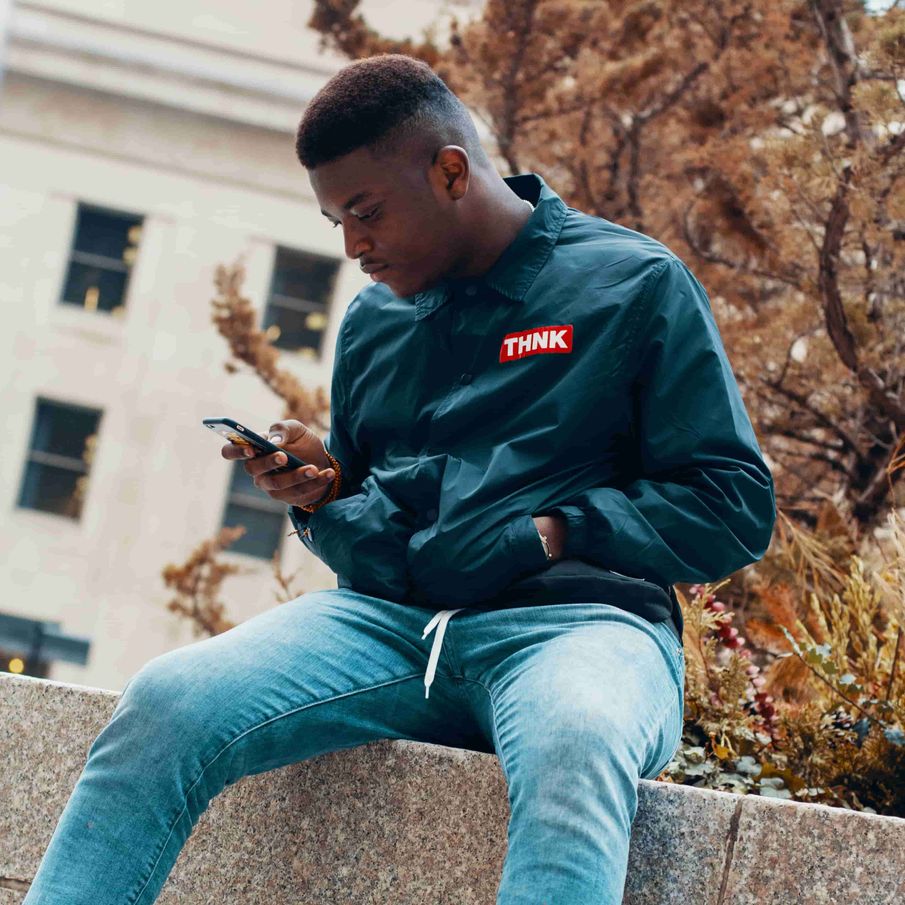People can gain over 100 hours of their lives back by going off social media for one month, new research from the Royal Society of Public Health (RSPH) reveals
Scroll Free September hosted by the RSPH, encourages people to take a break from personal social media accounts in an effort to re-balance their relationships with social media.
As part of the month-long campaign, RSPH have asked the public on what they believe are the most toxic and most meaningful elements of social media. The most “toxic” elements of social media, as ranked by the public, included (from most to least):
- Triggering content (content that reminds you of a negative experience)
- The ‘like’ button
- Push notifications
- Fear of Missing Out (FOMO)
- Pressure from celebrities and influencers
The most “meaningful” elements of social media, as ranked by the public, were (from most to least):
- Memes
- Holding organisations and public figures to account
- Access to health information (including mental health advice)
- Access to resources for study and learning
- Understanding more about other cultures and societies
Different generations ranked each element of social media as varying levels of toxicity. Almost a quarter (24%) of 18-24s said that they felt push notifications are the most toxic aspect of social media, while nearly a third (31%) of 16-17s said bullying was their biggest concern. Men, it was revealed, are three times as likely as women to find FOMO the most toxic aspect of social media.
Following the success of their 2018 campaign, participants in last year’s Scroll Free September revealed that they would almost unanimously (99%) recommend taking part to a friend, with an overwhelming 96% reporting that taking part improved their relationship with social media.
77% of last year’s participants said that their mental health improved thanks to the campaign, while a further 63% said that it helped improve their awareness of the world around them. Over half (58%) found that taking part helped improve the quality of their sleep.
#NewFilters Campaign
This year’s campaign follows the publication of the RPSH and APPG on Social Media’s report, #NewFilters. Based on the group’s parliamentary inquiry, the report found that although social media can have a range of positive effects such as providing a platform for self-expression, supporting learning, and helping enhance social connections, evidence suggests that social media is best used in moderation.
It was revealed that children who spend three or more hours a day using social media are twice as likely to display symptoms of ill mental health. Additionally, it found that the pressure social media users experience to conform to beauty standards perpetuated and praised online can courage harmful, damaging behaviours, including body shame and disordered eating.
Shirley Cramer CBE, Chief Executive of RSPH, said:
“Following the success of Scroll Free September last year, we are delighted to launch this year’s campaign. As the first of its kind, our campaign plays an important role in our mission to ensure that social media platforms support positive mental health and wellbeing – and the feedback from participants last year was that taking part was hugely beneficial.
“While we welcome steps by industry to mitigate harms related to social media use, it is notable that two of the most toxic elements of platforms are the like button and push notifications – elements specifically created by social media companies themselves.
“Along with our campaign to raise public awareness and help users build balanced relationships with social media, there is also a duty of care that falls on industry. The architecture of social media must be built to encourage meaningful use and, most importantly, place the user behind the wheel.”
Taking a break from social media and your phone can create the opportunity for you to refocus your time, increase productivity, and start recognising unhealthy usage patterns and coping mechanisms.
Taking control of your scroll can help you to become more mindful of your swiping, claim back lost time, and begin reconnecting with loved ones.
If you’re unsure whether you should take a break from your phone, find out more about the benefits of taking a day away and discover what can happen when you take a break from social media.
For more information on internet addiction and mindfulness, visit Counselling Directory or enter your details below to find a counsellor near you.


Comments